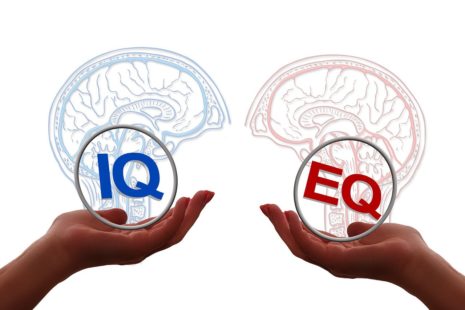Control issues can be a symptom or characteristic of various mental health conditions, though not every individual with these conditions will experience control issues in the same way.
Here are some mental health disorders that may manifest control issues as part of their symptomatology…
1. Anxiety Disorders
Individuals with anxiety disorders, including Generalized Anxiety Disorder (GAD), may exhibit control issues as a way to manage their pervasive feelings of worry and fear. By attempting to control their environment or the behavior of people around them, they might seek to alleviate their anxiety about uncertain outcomes.
2. Obsessive-Compulsive Disorder (OCD)
OCD is characterized by unwanted and intrusive obsessions that lead to compulsive behaviors. Control issues in OCD can manifest as a need to perform certain rituals or routines to manage the anxiety produced by obsessive thoughts, often revolving around themes of cleanliness, order, safety, or symmetry.
3. Personality Disorders
Certain personality disorders are associated with control issues:
- Borderline Personality Disorder (BPD) – Individuals may attempt to control relationships through intense emotional reactions or behaviors as a way to avoid real or perceived abandonment.
- Narcissistic Personality Disorder (NPD) – May involve controlling behaviors as individuals seek to maintain their perceived superiority and manage the narrative around their self-image.
- Obsessive-Compulsive Personality Disorder (OCPD) – Not to be confused with OCD, OCPD involves a preoccupation with orderliness, perfectionism, and control, often at the expense of flexibility and efficiency.
4. Eating Disorders
Eating disorders, such as Anorexia Nervosa and Bulimia Nervosa, can involve significant control issues regarding food intake, body shape, and weight. The control over eating and body image is often a maladaptive way of coping with deeper emotional turmoil or feelings of inadequacy.
5. Post-Traumatic Stress Disorder (PTSD)
Individuals with PTSD may attempt to control their environment and relationships as a way to avoid triggers and feelings of powerlessness associated with their traumatic experiences. This need for control can be a coping mechanism to create a sense of safety and predictability.
6. Autism Spectrum Disorder (ASD)
Though not a mental illness but a developmental disorder, individuals with ASD may exhibit behaviors that seem controlling, stemming from a need for routine and predictability. Changes in routine or unexpected events can be highly distressing, leading to behaviors aimed at maintaining control over their environment.
Addressing Control Issues
It’s crucial to approach control issues with understanding and compassion, recognizing that they are often symptoms of underlying struggles. Effective treatment, which may include therapy, medication, and support groups, depends on the specific condition and the individual’s needs. Consulting with a mental health professional can provide a diagnosis and recommend an appropriate treatment plan.







